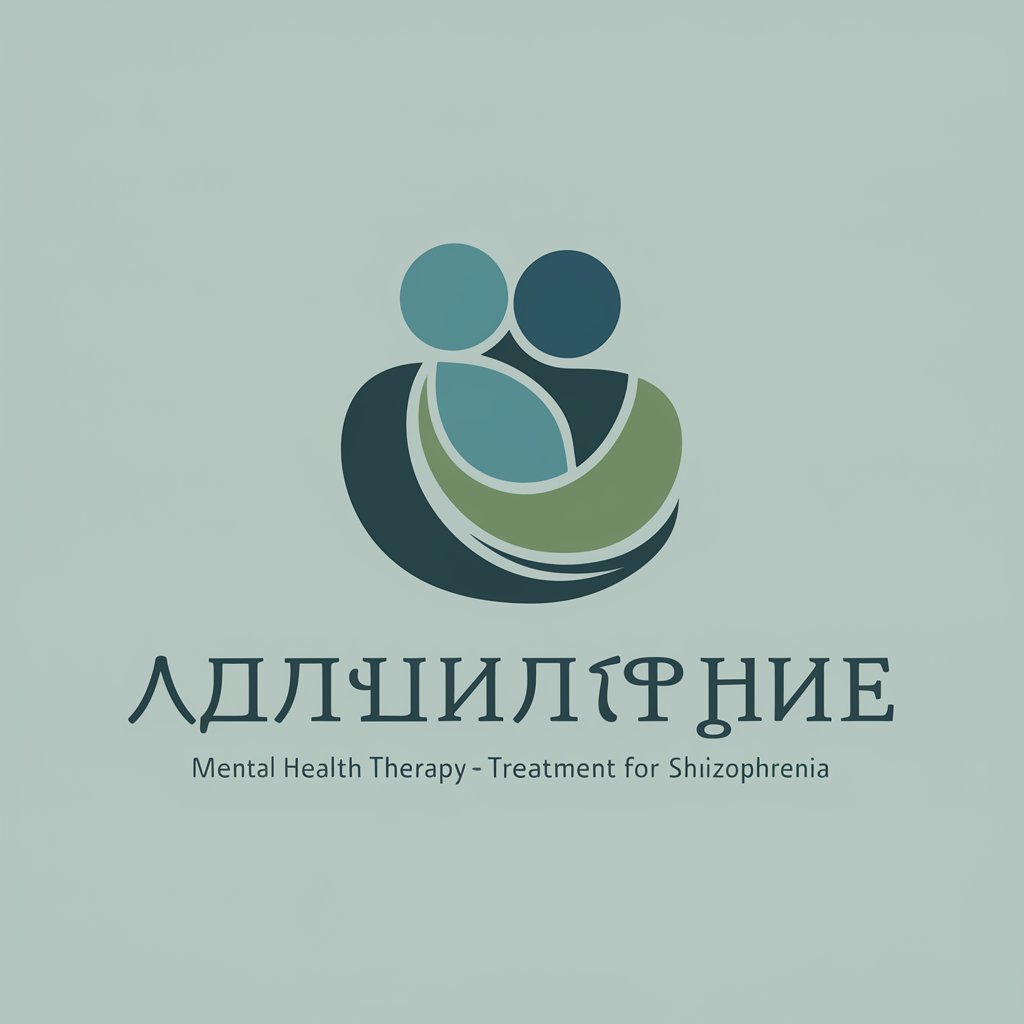5 GPTs for Marital Support Powered by AI for Free of 2025
AI GPTs for Marital Support refer to the application of Generative Pre-trained Transformers in providing guidance, advice, and solutions tailored to marital issues. These tools leverage advanced machine learning algorithms to understand and respond to a wide range of queries related to marriage, from communication and conflict resolution to emotional support and counseling advice. By analyzing patterns in vast datasets, GPTs offer personalized recommendations, fostering healthier relationships through improved understanding and interaction.
Top 5 GPTs for Marital Support are: Psicólogo y Terapeuta Familiar Experto - Spa,Marriage Broker Auntie,정희원 - 부부클리닉 서울대 정신의학과 12년차,Love Spark Vibes,How to Love My Husband Better
Psicólogo y Terapeuta Familiar Experto - Spa
Empowering Families with AI-Driven Therapy

Marriage Broker Auntie
Empowering Relationships with AI

정희원 - 부부클리닉 서울대 정신의학과 12년차
AI-Powered Relationship and Mental Health Guidance

Love Spark Vibes
Revitalize Relationships with AI

How to Love My Husband Better
Empowering Marital Harmony with AI

Key Attributes and Functions
AI GPTs tools for Marital Support are distinguished by their adaptability, offering a spectrum of functions tailored to relationship enhancement. Core features include natural language understanding for empathetic interaction, conflict resolution strategies, personalized advice based on relationship dynamics, and access to a broad range of marital counseling literature. Specialized capabilities such as sentiment analysis help these tools gauge emotional tone, providing responses that are not only contextually relevant but also emotionally attuned.
Who Can Benefit from Marital Support AI?
These AI tools cater to a diverse audience, including individuals and couples seeking to improve their relationship, marriage counselors, and therapists looking for supplementary resources. They are designed to be accessible to users without technical backgrounds, offering straightforward interaction interfaces. Simultaneously, developers and professionals in the relationship counseling field can customize these tools, leveraging their programming capabilities for more specialized applications.
Try Our other AI GPTs tools for Free
Industry Guidance
Discover how AI GPTs for Industry Guidance leverage cutting-edge AI to offer tailored, sector-specific advice, supporting decision-making and operational efficiency.
Communication Style
Discover how AI GPTs for Communication Style revolutionize personal and professional interactions by tailoring content to audience preferences, ensuring impactful and effective communication.
Sector Customization
Discover how AI GPTs for Sector Customization are transforming industry-specific tasks with tailored AI solutions, offering precision, efficiency, and adaptability for diverse sector needs.
Feedback Application
Discover how AI GPTs for Feedback Application revolutionize user feedback analysis, transforming insights into action for improved customer satisfaction and strategic growth.
Fantasy Crafting
Discover the magic of AI GPTs for Fantasy Crafting, your gateway to creating immersive worlds, characters, and stories with ease and creativity.
Multilingual Optimization
Discover how AI GPTs for Multilingual Optimization transform global communication and content creation, offering tailored, accurate solutions across languages.
Expanding Horizons with AI in Marital Support
The integration of AI GPTs in marital support heralds a new era in relationship counseling. These tools not only offer immediate, personalized advice but also have the potential to identify and address underlying issues before they escalate. Their user-friendly interfaces and accessibility make them a valuable resource for continuous relationship growth, highlighting the transformative potential of AI in enhancing human connections.
Frequently Asked Questions
What are AI GPTs for Marital Support?
AI GPTs for Marital Support are advanced AI tools designed to provide guidance and solutions for a wide range of marital issues, utilizing machine learning to offer personalized advice.
How do these AI tools personalize advice?
By analyzing communication patterns, relationship dynamics, and emotional tone, these tools tailor their responses to the specific needs and situations of each user.
Can these tools replace marriage counselors?
While they provide valuable support and guidance, they are best used as a complement to professional counseling, not a replacement.
Are these tools accessible without programming skills?
Yes, they are designed for ease of use by the general public, with intuitive interfaces that require no coding knowledge.
How can developers customize these GPTs for specific uses?
Developers can access underlying APIs and programming interfaces to tailor functions, integrate additional datasets, and refine response mechanisms for specialized applications.
What makes these tools different from general AI chatbots?
These tools are specifically trained on marital and relationship-oriented datasets, enabling them to provide more relevant and specialized advice than general-purpose AI chatbots.
Can AI GPTs for Marital Support detect and adapt to changes in a user's emotional state?
Yes, through sentiment analysis and continuous interaction, these tools can adapt their responses based on detected changes in mood and emotional tone.
What are the privacy considerations when using these tools?
User privacy is a paramount concern, with data encryption and anonymization practices in place to protect personal information and conversations.